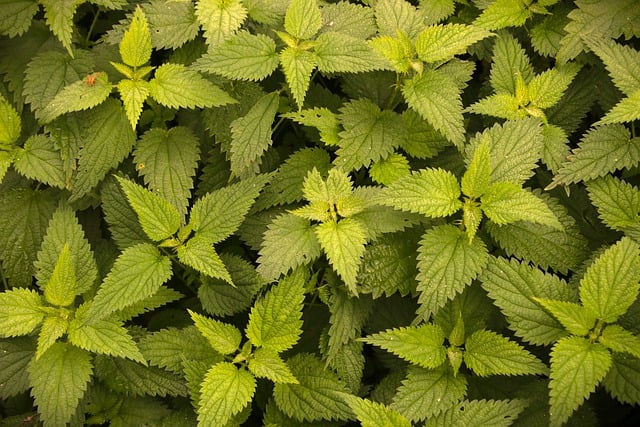Δ9-tetrahydrocannabinolic acid (THCA), a non-psychoactive compound found in raw cannabis, is being explored for its potential to improve sleep quality. THCA interacts with the body's endocannabinoid system by binding to CB1 and CB2 receptors, which may aid in relaxation and anxiety reduction. Unlike its psychoactive counterpart THC, THCA has distinct benefits, including anti-inflammatory properties that could be particularly useful for sleep disturbances related to inflammation. When compared to CBD for sleep enhancement, THCA shows promise for both relaxation and pain relief, making it a potentially effective alternative for those seeking natural remedies. Research is ongoing to clarify the differences between THCA and CBD's effects on sleep, with findings suggesting that each cannabinoid may offer unique advantages depending on the nature of the sleep issue. As such, THCA vs CBD for sleep is an emerging area of interest in cannabinoid therapy, emphasizing the importance of understanding these compounds' distinct mechanisms to improve sleep quality and architecture naturally. Users are advised to consult healthcare professionals before incorporating THCA into their wellness regimen, considering its potential synergies with CBD and its effects on sleep disorders.
Exploring the potential benefits of THCA (Tetrahydrocannabinolic Acid) flower for restful sleep, this comprehensive article navigates through its unique properties and how it stands as a natural alternative to CBD. We delve into the key differences between THCA and CBD, shedding light on their distinct impacts on sleep quality. With sections covering the science behind THCA’s effect on sleep, optimal strains for improved slumber, incorporating THCA into your nighttime routine, and safety considerations, this guide aims to equip readers with a comprehensive understanding of THCA flower’s role in sleep regulation. As we compare user experiences and scientific findings on THCA vs CBD for sleep, legal aspects and availability of THCA flowers are also examined. Learn how proper storage maintains THCA flower potency, contrast traditional sleep aids, and discover how integrating THCA with wellness practices can lead to better sleep. Join us as we explore the future of THCA in enhancing your restful nights.
- Unlocking THCA's Potential for Restful Sleep
- Understanding THCA Flower: A Natural Alternative to CBD
- THCA vs CBD: Key Differences and Sleep Impact
- The Science Behind THCA's Effect on Sleep Quality
Unlocking THCA's Potential for Restful Sleep
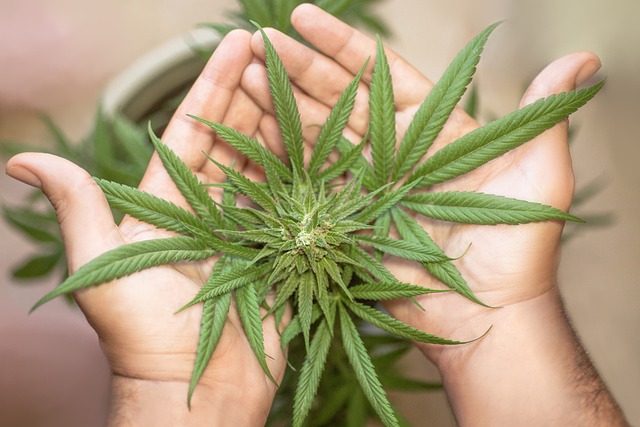
THCA, or Tetrahydrocannabinolic Acid, is a non-psychoactive cannabinoid found in raw cannabis plants that has garnered attention for its potential therapeutic benefits, including its impact on sleep quality. Unlike its well-known counterpart CBD (Cannabidiol), THCA exists in a form that, once decarboxylated through heating, converts into THC (Tetrahydrocannabinol), the primary psychoactive component of cannabis. However, in its acidic form, THCA offers a distinct profile for those seeking restful sleep without psychoactive effects. Studies suggest that THCA may have anxiolytic and analgesic properties, which can help alleviate discomfort and reduce anxiety, both of which are common barriers to achieving a restful state.
The potential benefits of THCA for sleep are rooted in its interaction with the body’s endocannabinoid system, which plays a significant role in regulating various bodily functions including sleep-wake cycles. While CBD is often highlighted for its calming and soothing effects without intoxicating properties, THCA offers a unique advantage by targeting specific cannabinoid receptors that influence relaxation and pain management. For individuals seeking natural alternatives to traditional sleep aids, or those looking to improve the quality of their sleep without mind-altering substances, exploring THCA’s potential through carefully sourced and processed hemp products could be a promising avenue. As with any supplement, it is important to consult with healthcare professionals before incorporating THCA into one’s wellness routine, especially when considering its effects in conjunction with CBD for sleep enhancement.
Understanding THCA Flower: A Natural Alternative to CBD
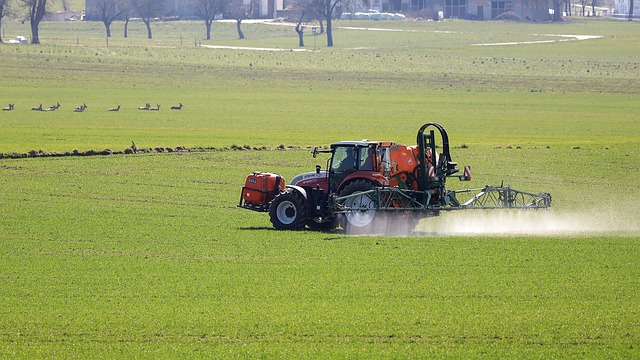
THCA, or tetrahydrocannabinolic acid, is a naturally occurring compound found in the Cannabis sativa plant that has garnered attention for its potential therapeutic properties. Unlike its more renowned counterpart, CBD (cannabidiol), THCA is non-psychoactive, offering a safe alternative for those seeking the benefits of cannabinoids without the mind-altering effects associated with THC, its decarboxylated form. Research suggests that THCA may interact with the body’s endocannabinoid system in ways that could promote better sleep, making it a subject of interest for individuals looking for natural solutions to improve their sleep quality. Unlike CBD, which has been widely studied for its sleep-promoting effects, THCA is less understood but shows promise as a potent cannabinoid for relaxation and restfulness.
The distinction between THCA and CBD for sleep is an area of growing interest within the field of cannabinoid research. While both compounds have been linked to potential sleep benefits, their mechanisms of action differ. THCA is believed to bind directly to the CB1 and CB2 receptors in a way that may enhance sleep quality by reducing REM sleep and increasing slow-wave sleep, which is associated with deep, restorative rest. On the other hand, CBD is thought to influence sleep indirectly through its interactions with the endocannabinoid system, affecting factors such as anxiety and pain, both of which can disrupt sleep patterns. As research continues to evolve, understanding the nuanced effects of THCA on sleep architecture and its potential role in managing sleep disorders becomes increasingly important for those seeking natural alternatives to traditional sleep aids.
THCA vs CBD: Key Differences and Sleep Impact
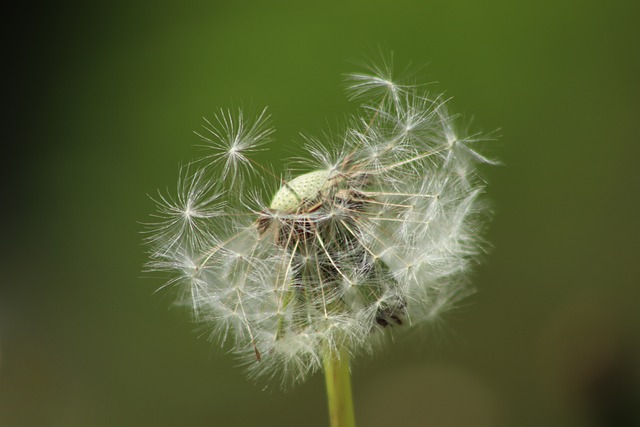
THCA, or Tetrahydrocannabinolic Acid A, and CBD, or Cannabidiol, are both prominent cannabinoids found in the Cannabis sativa plant. While they share a similar molecular structure, their effects differ significantly, particularly when it comes to sleep. THCA is the precursor to THC, the psychoactive compound known for its intoxicating effects, but in its acidic form, it does not induce psychoactivity. It exhibits potent anti-inflammatory and analgesic properties, which can soothe pain and discomfort that might disrupt sleep. On the other hand, CBD is non-psychoactive and interacts with the body’s endocannabinoid system in a way that promotes homeostasis. It has been widely studied for its therapeutic benefits, including its potential to improve sleep quality by reducing anxiety and pain, which are common barriers to restful sleep.
When considering THCA vs CBD for sleep, it’s the distinction in their interaction with the body’s receptors that plays a crucial role. THCA may be more effective for certain types of pain-related insomnia, due to its strong analgesic properties. Conversely, CBD is often favored for its ability to address sleep disturbances caused by stress, anxiety, or other mental health concerns. Both compounds have unique mechanisms that can influence sleep; however, the individual’s specific condition and the desired outcome will guide which cannabinoid may be more suitable for their needs. Users seeking improved sleep quality should consider the legal status of these compounds in their region and consult with a healthcare professional before incorporating them into their sleep regimen.
The Science Behind THCA's Effect on Sleep Quality
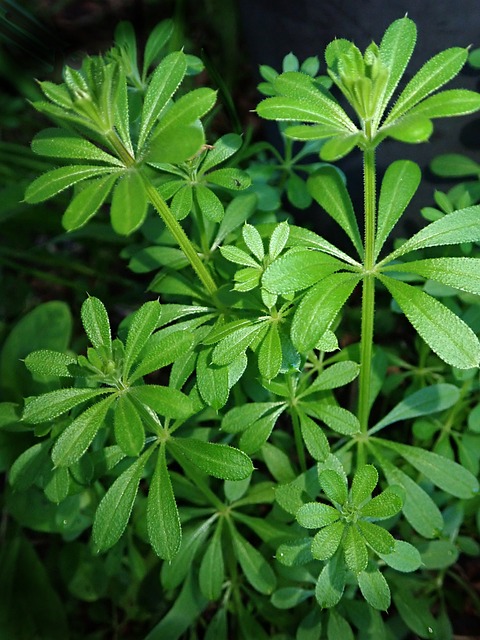
Delta-9-tetrahydrocannabinolic acid, commonly known as THCA, is a non-psychoactive cannabinoid found in raw cannabis plants that has garnered attention for its potential effects on sleep quality. Unlike its psychoactive counterpart, Delta-9-THC, THCA does not induce a ‘high’ but interacts with the body’s endocannabinoid system, particularly the CB1 and CB2 receptors. Preliminary research suggests that THCA may influence sleep by promoting relaxation and reducing anxiety without psychoactive side effects, making it a compelling alternative for those seeking improved sleep without mind-altering substances.
In the realm of cannabis compounds used for sleep enhancement, comparing THCA vs CBD is a nuanced discussion. While both compounds are non-psychoactive and have been studied for their potential benefits in promoting restful sleep, they may act differently within the body. CBD (cannabidiol) is well-known for its calming and anti-anxiety properties, which can indirectly improve sleep quality by easing the mind and reducing stress. However, THCA’s interaction with the endocannabinoid system may offer additional therapeutic benefits that are distinct from CBD. For instance, THCA has been observed to exhibit anti-inflammatory properties, which could be beneficial in addressing inflammation-related sleep disturbances, such as those experienced during menopause or chronic pain conditions. As research continues to evolve, understanding the unique mechanisms of action for THCA versus CBD in relation to sleep quality becomes increasingly important for tailored therapeutic applications.
navigating through the nuances of cannabinoids, this article has illuminated the unique properties and benefits of THCA flower, particularly in relation to restful sleep. For those seeking natural alternatives to improve their slumber, understanding the distinction between THCA and CBD is crucial. The scientific evidence presented underscores the potential of THCA for enhancing sleep quality, offering a promising avenue for those experiencing sleep disturbances. As we conclude, it’s clear that THCA vs CBD for sleep presents more than just a comparative discussion; it opens a door to a world where natural remedies could play a significant role in promoting better rest. With this knowledge in hand, individuals can make informed decisions tailored to their wellness routines.
